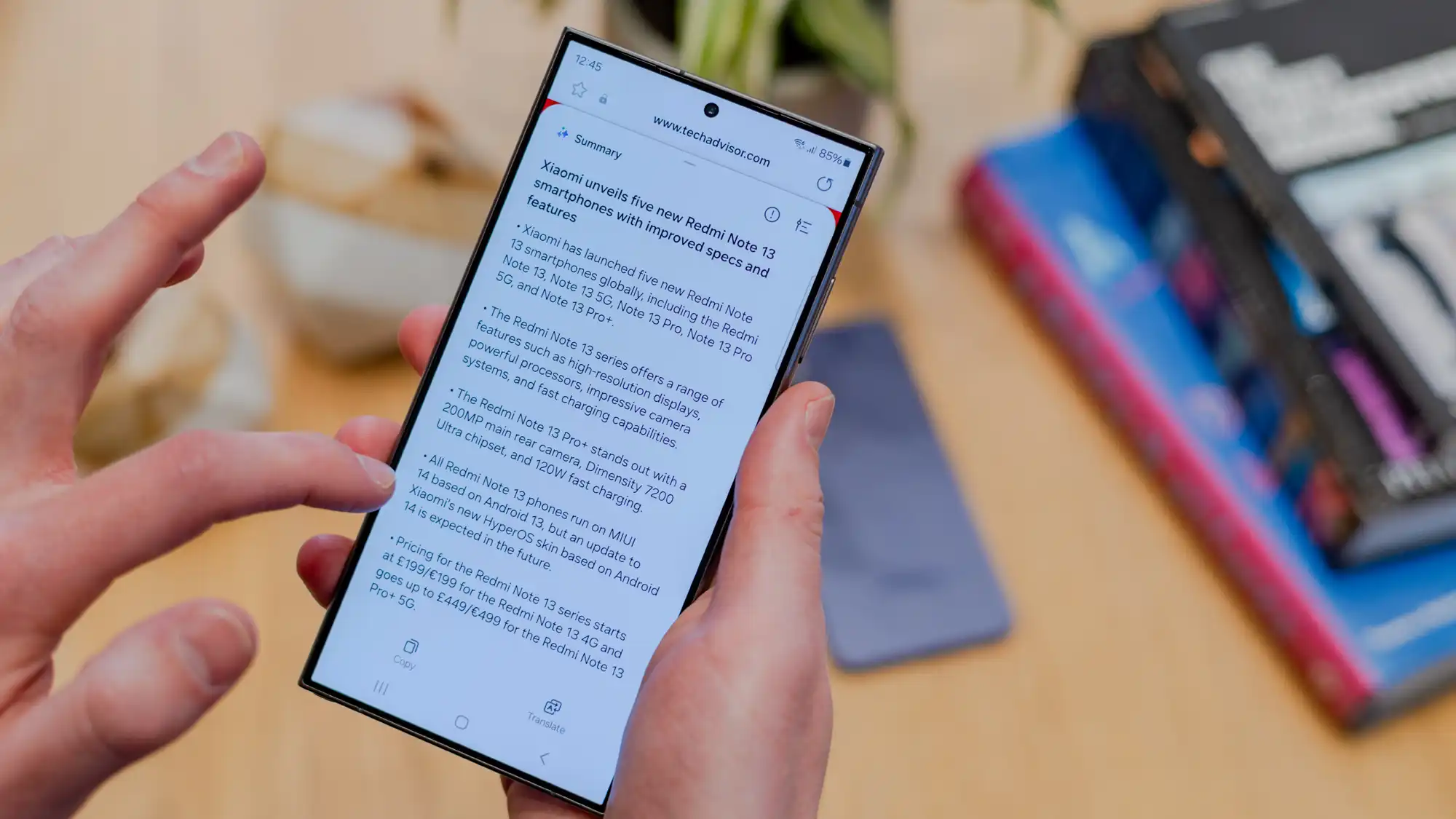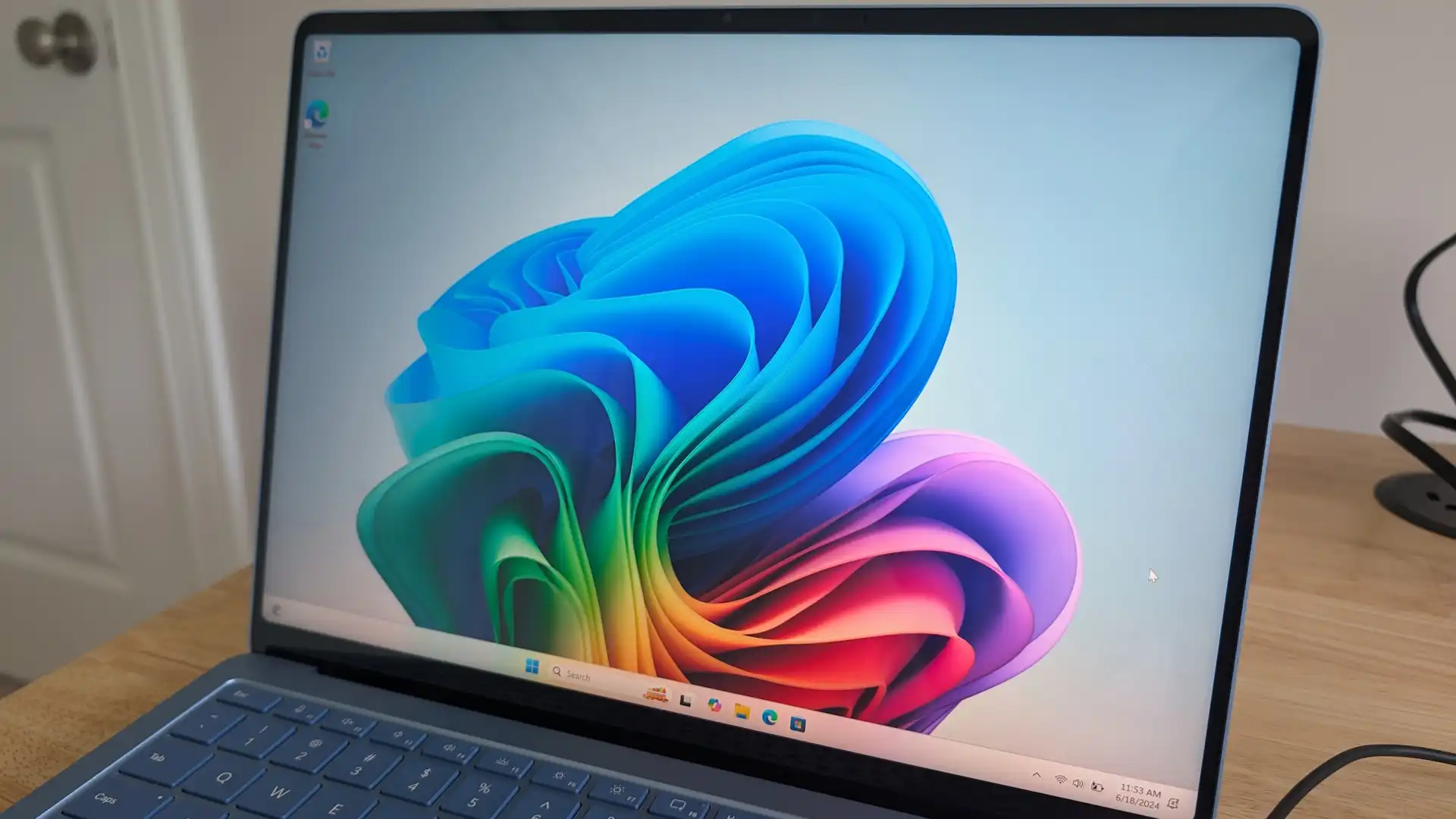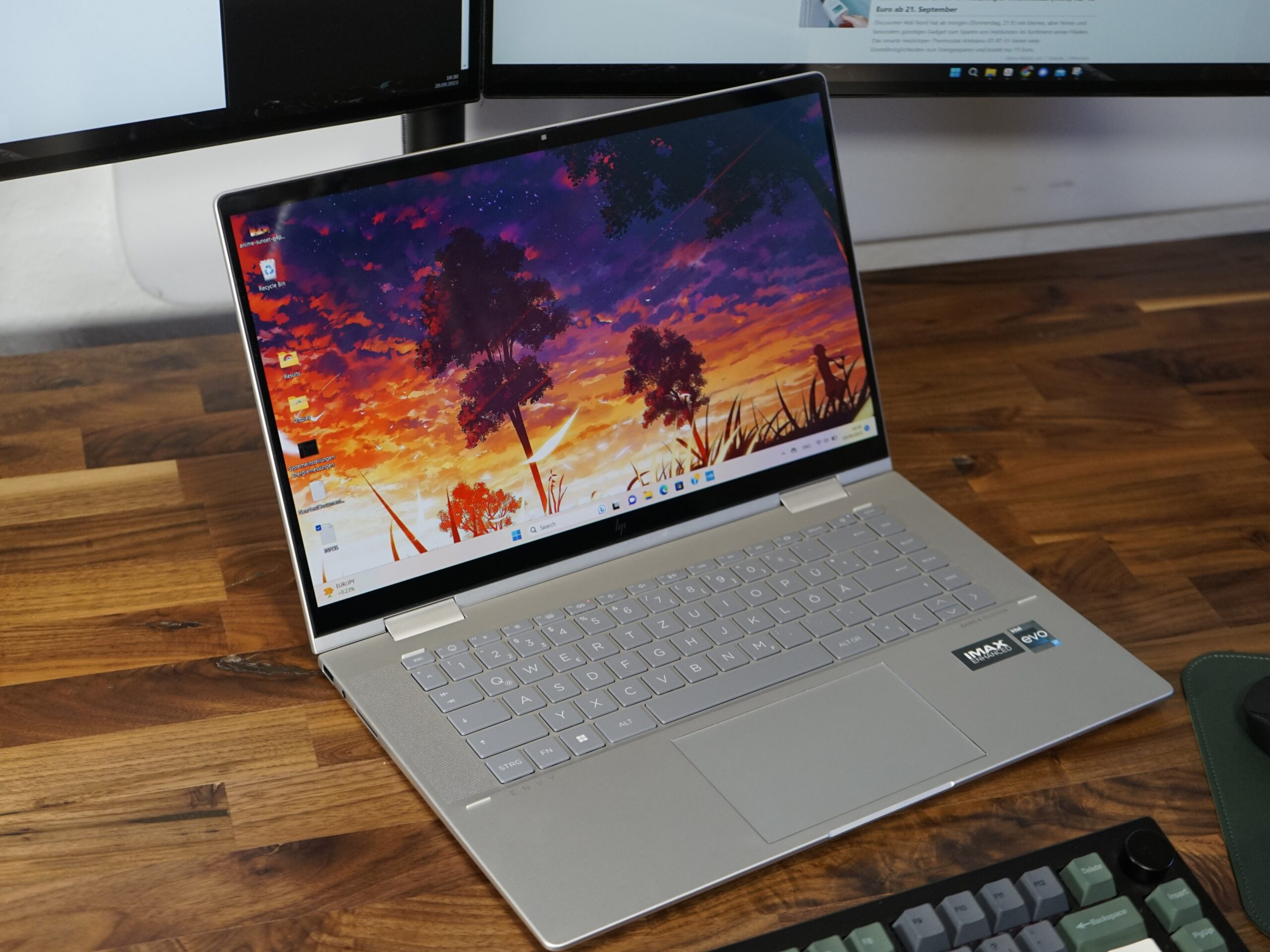AnandTech forum member igor_kavinski published a ton of benchmarks using what they claim is an engineering sample of the Ryzen 9 9950X. The poster did various Bender tests at a range of speeds and power limits to gauge its performance versus tests from older AMD and Intel processors. Unsurprisingly, the chip performed better than pretty much anything on the market at the moment and started to absolutely run away at higher power draws.
When running at 160 watts of PPT (just short of the factory-rated maximum of 170 watts), the 9950X scored 24.6 percent higher on the Blender Monster benchmark than the last-gen 7960X running at 120 watts. With boosted PPT at an even 230 watts for both, that gap narrows to “just” 18.8 percent. Still an impressive gain for a single-gen bump at the same number of cores and threads.
But you’re not here for apples-to-apples comparisons. igor_kavinski also put the 9950X up against Intel’s current 24-core flagship Core i9-14900K, evening out the PPT for both at 253 watts. According to the VideoCardz collation of Igor’s data, the AMD chip beat out the Intel chip by 35.6 percent, 35.4 percent, and 39.8 percent on the Blender Monster, Junkshop, and Classroom benchmarks, respectively. (Here I’ll note that AMD’s configuration of 16 identical cores is different from Intel’s 8-performance, 16-efficiency setup).
The gap was slightly higher with the Ryzen’s PPT set to unlimited, but that doesn’t seem like a relevant test for most users. And Igor is fast to point out that the engineering sample may have some differences from the final retail version of the chip, set to launch on July 31st. Notably the chip didn’t quite hit its maximum gigahertz rating, though it offered impressively low temperatures (60C at 253 watts) using an AIO liquid cooling setup. These results seem to be in line with AMD’s publicly-released benchmarks versus Intel processors, as seen in Gordon Ung’s recap video above.
We won’t need to wait too long to get a lot more data on the 9950X and its sibling chips since the launch is only two weeks away. Unfortunately, we still don’t have pricing info (the current-gen 7950X launched at $700 for the sake of comparison) and they’re sure to be in high demand initially.



